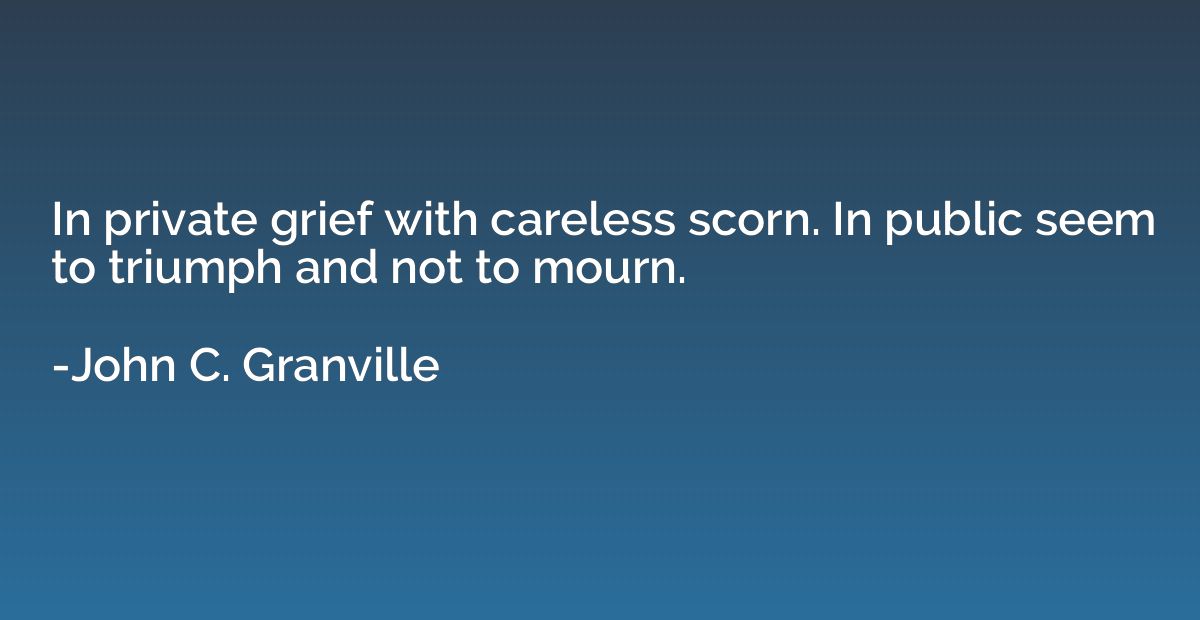Quote by Mark Twain, Speeches 1923, Fulto
There is nothing you can say in answer to a compliment. I have been complimented myself a great many times, and they always embarrass me--I always feel that they have not said enough.

Summary
In this quote, the author expresses their discomfort when receiving compliments. They imply that compliments rarely capture the full extent of their merit, leaving them feeling unsatisfied. The author suggests that it is challenging to respond to compliments because they believe that the compliments fall short of accurately capturing their worth. This quote suggests the author's humility and possibly a desire for recognition that truly acknowledges their achievements.














